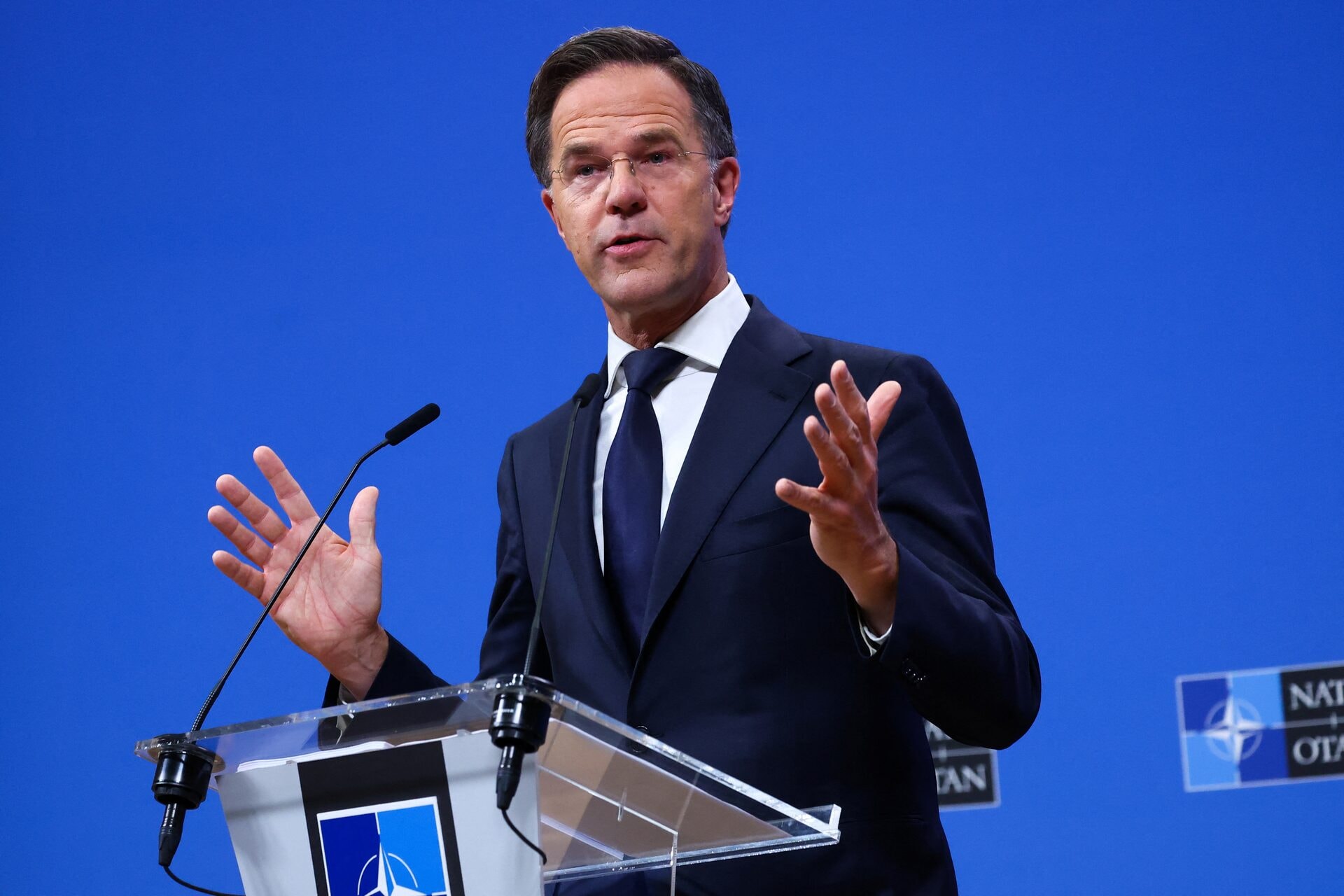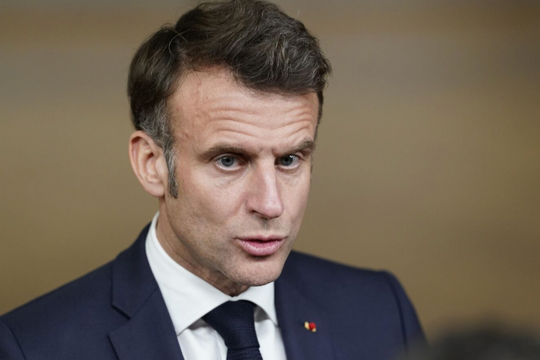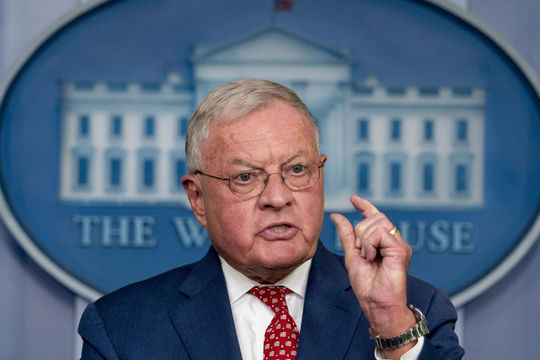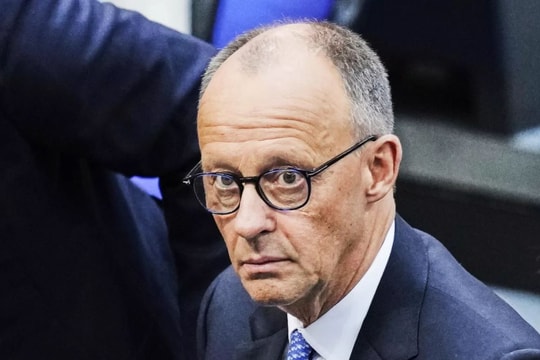Pentagon believes NATO will commit to Trump's defense spending goals
US Defense Secretary Pete Hegseth said on June 5 that he was confident that members of the NATO alliance would accept President Donald Trump's request for a sharp increase in defense spending, adding that this must happen before a summit in late June.

The US president has said that NATO allies should increase defense spending to 5% of gross domestic product (GDP), compared with the current target of 2%.
"To be an alliance, you have to be more than just flags. You have to be formations. You have to be more than conferences. You have to maintain combat readiness," Mr. Hegseth said while attending a meeting of NATO defense ministers in Brussels.
"We are here to continue the work that President Trump started, which is to commit to 5% defense spending across this alliance, which we think will happen," Mr. Hegseth said, adding: "That has to happen before the summit in The Hague at the end of this month."
Diplomats say European allies understand that increased defense spending is the price of continued U.S. commitment to the continent’s security, and keeping the U.S. in place means allowing Trump to claim victory on his 5 percent demand at the summit, scheduled for June 24-25.
“We have to go further and we have to go faster,” NATO Secretary General Mark Rutte told reporters on June 4.
"A new defense investment plan will be at the heart of the NATO summit in The Hague," he added.
In an effort to meet Mr Trump's 5% target, Mr Rutte has proposed alliance members increase defense spending to 3.5% of GDP and commit to an additional 1.5% for broader security-related spending, Reuters reported.
Details of the new investment plan are likely to continue to be negotiated in the run-up to the NATO summit.
"We have to find a realistic compromise between what is necessary and what can actually be spent," German Defense Minister Boris Pistorius said on June 4.
Countries remain divided on the timeframe for a new commitment.
Mr Rutte has proposed reaching the 5% target by 2032 – a date some eastern European countries see as too far away but others say too soon and unrealistic given current levels of spending and industrial production capacity.
The 2032 target is "definitely too late," Lithuanian Defense Minister Dovile Sakaliene commented on June 4, suggesting a target of 2030 at the latest.
There is also an ongoing debate about how to define “defense-related” spending, which could include spending on cybersecurity and certain types of infrastructure.
“The aim is to find a definition that is precise enough to cover only investments that are genuinely security-related, while being broad enough to allow for national specificities,” said a NATO diplomat.




.jpg)


